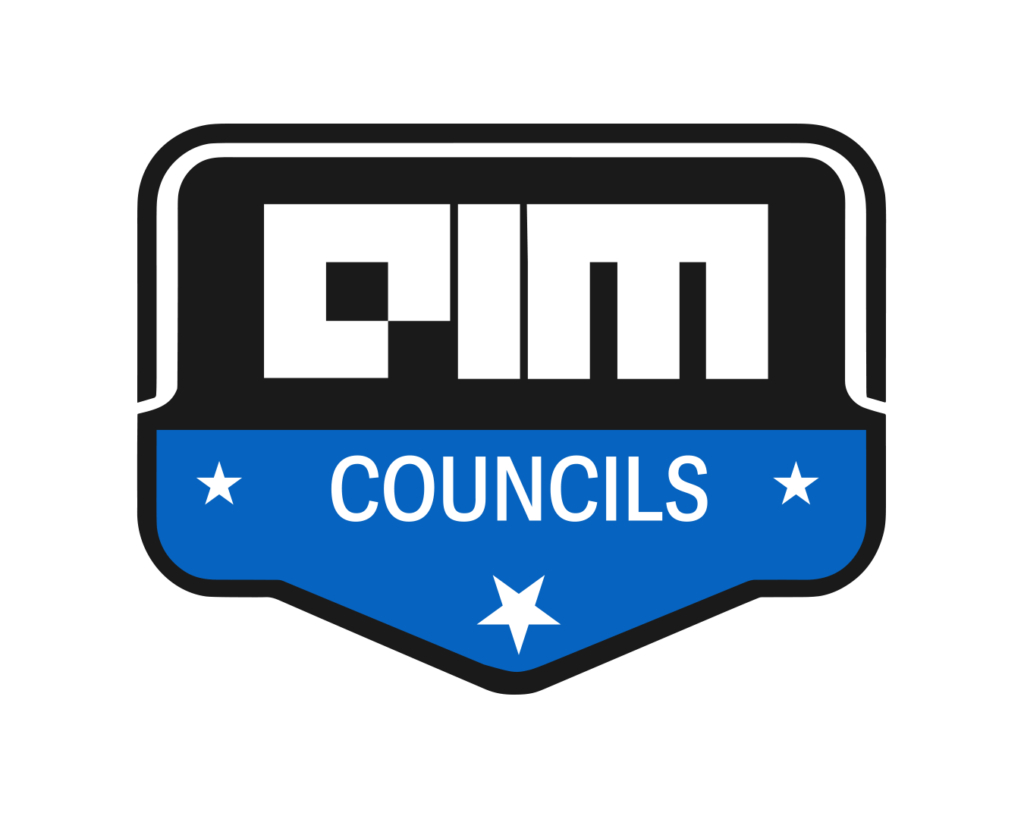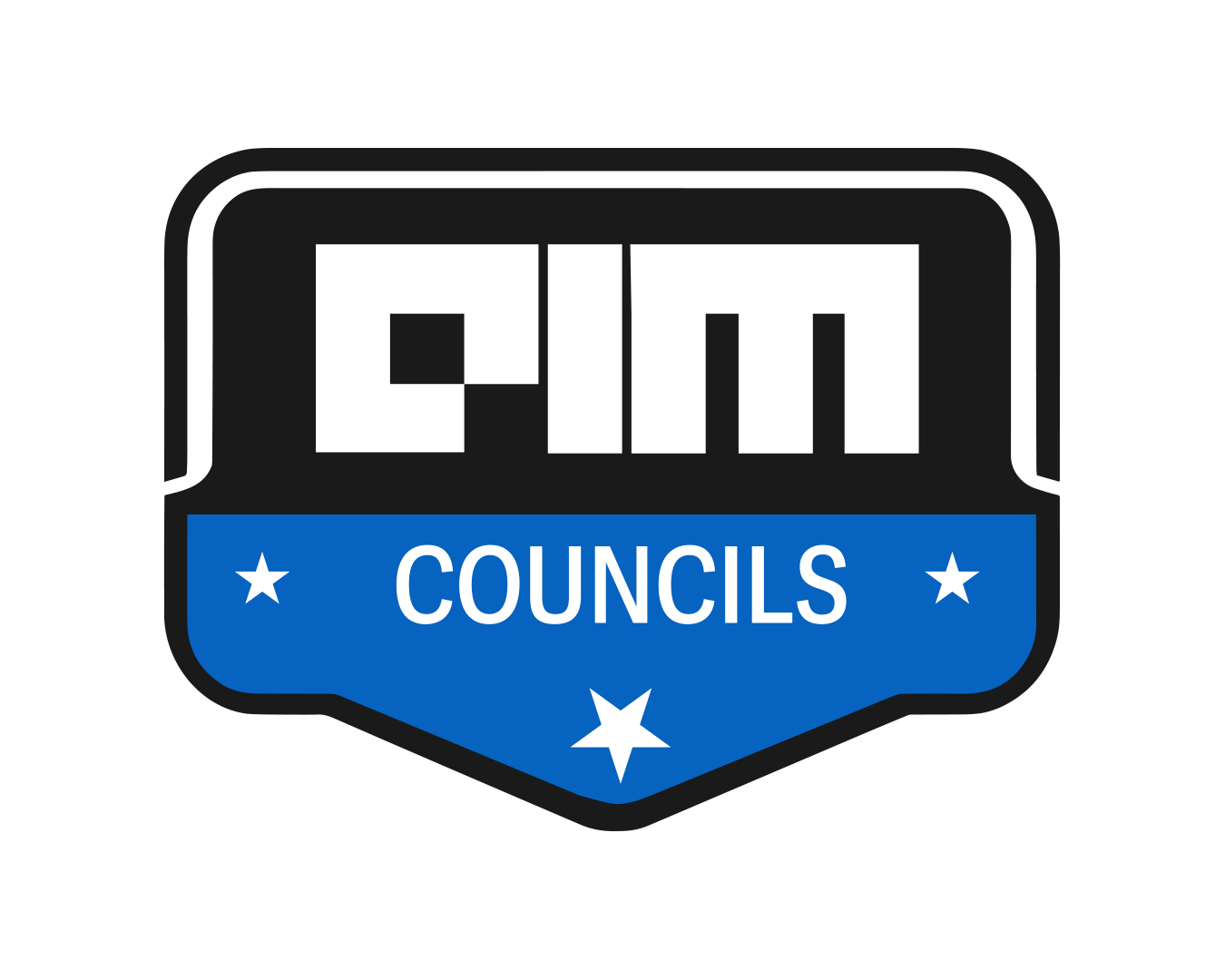What does it take to succeed in the AI job market today? According to a recent roundtable discussion hosted by the AIM Leaders Council, there is a huge gap between what is taught in schools and what is required in the workplace. It is no longer just about coding skills or theoretical knowledge. Employers nowadays prioritize versatility, adaptability, and business knowledge over technical skills. This article will delve into the key recommendations and insights from the discussion, providing a roadmap for those seeking to enter or advance in the field.
The panel featured Balaji Dhamodharan, Global Software Analytics Leader, AI/ML at AMD, who shared his insights on the practical skills and mindset needed for entry-level candidates. Himanshu Jain, Associate Vice President of AI and Data Science at CVS Health, emphasized the importance of adaptable skills that are relevant despite changing technology. Aroon Jham, Sr Director – Advanced Analytics at Thomson Reuters, focused on the need for a versatile skill set and a problem-solving approach. Nechama Katan, Director of Innovative Data Analytics at Pfizer, provided a unique perspective as a generalist and mathematician and discussed the importance of human skills in the workplace. Kasi Rajeev Oduri, Director of Data Science, leading AI & Data Science applications for a mega cap retailer, discussed the importance of formal education, while also emphasizing the need to take full advantage of the opportunities provided. Sreenivas Gadhar, Vice President of Global Data and Analytics – Engineering and Delivery, emphasized the importance of understanding the business domain. Devendra Singh Parmar, Enterprise Principal Product Owner – Data Science and Analytics at Discover Financial Services, focused on the importance of internal motivation and the opportunities available to students for real-world experience. Tim Yang, Director of AI/ML Transformation at Unum Group, highlighted the increasing need for mathematical skills and the importance of practical experience.
The roundtable discussion began with Kashyap Raibagi, Associate Director of Growth at AIM Research, setting the scene by sharing a personal story about the job market’s harsh realities, mentioning how two of his friends lost their jobs due to layoffs. This anecdote served as a crucial starting point, underscoring the challenges that entry-level candidates face in the AI field. It made the discussion immediately relevant, emphasizing the need for a strategic approach to entering this competitive market.
Current Job Market Challenges
The group acknowledged that the current market is intensely competitive. Balaji Dhamodharan painted a vivid picture, noting the sheer volume of applications for even entry-level roles and the fact that mid-level candidates were also vying for the same positions, stating, “Within a few days organizations get thousands of applications.” Showcasing how challenging the market is.
Essential Skills for the AI Job Market
Himanshu Jain emphasized the importance of adaptability and introduced the concept of the “three C’s”: creativity, critical thinking, and collaboration, which he deemed crucial for long-term relevance in the ever-changing tech industry, saying, “Possessing the three C’s ensures that your skills will remain valuable both now and in the future.”
Aroon Jham expanded on this, highlighting the need for “new age” skills, including problem-solving, decision-making, and curiosity, stating, “Rather than focusing solely on technical knowledge, candidates should be able to showcase their abilities in several key areas such as problem-solving, decision making, and curiosity.” He also stressed the importance of being versatile rather than narrowly specialized. Furthermore, Jham mentioned that emotional intelligence is also a vital skill for the modern workforce.
To this, Sreenivas Gadhar added the critical point that a solid understanding of the business domain is just as vital as technical skills, stating, “A developer who doesn’t understand the business will just be writing syntax and a data engineer will not be able to ask the right questions if they do not understand the data they are handling.” His evaluation of a new hire includes the understanding of how their work has added value to the business. He also reviews how new entrants have added value over the years.
Furthermore, the importance of emotional intelligence and cultural awareness is highlighted by Katan. She stressed the need for “trust and psychological safety”. Aroon Jham also mentioned emotional intelligence as another critical skill that the new-age workers need to develop.
The Role of Education and Experience
The group discussed whether companies are open to hiring candidates who have learned primarily through online resources. While some emphasized the importance of formal education for gaining visibility and access to networks, others highlighted the increasing value of practical skills and demonstrated abilities
Nechama Katan explained the value she places on the ability to problem-solve. She also questioned the traditional path of a four-year college degree. Instead, she advocated for hands-on experience and self-study. Katan stated that she has hired people from boot camps, and those with self-taught skills because they demonstrated a passion for learning and the ability to apply their skills, rather than simply possessing a degree. According to Katan “The ability to learn and adapt is more important than a specific degree.”
Kasi Rajeev Oduri believes that formal education provides a strong foundation for connecting different technical fields, business domains, and applications, particularly in AI, Data Science, and Marketing Technology. He attributes his initial success in the marketing and advertising technology industry to the elective business courses he took alongside the mandatory technical curriculum.
While emphasizing the significance of formal education—especially for building a career in technology—Mr. Oduri also highlights the importance of hands-on experience. He notes that true professional growth comes from stepping beyond the classroom: working in diverse teams, solving different challenges, gaining startup experience, and actively seeking feedback. According to him, leveraging all the opportunities a university offers can open initial doors, but long-term success and leadership development stem from continuous learning, adaptability, and real-world problem-solving.
Tim Yang highlighted the disconnect between school curriculums and business needs, noting that “There is a disconnect between academic curricula and the practical needs of the workforce”. He also stressed the importance of mathematical skills to have a deeper understanding of technology. He also emphasizes that capstone projects and internships, which facilitate interactions between students and businesses, are extremely helpful. Yang believes these opportunities allow students to apply their technical knowledge in a business context.
Balancing Excitement with Practicality
The discussion proceeded with how students can work on exciting projects while also developing the fundamental and practical skills that are needed by businesses.
Devendra Singh Parmar contributed to the discussion, emphasizing the importance of internal motivation for students to learn and explore new areas. He observed that some students gain relevant experience through hackathons, internships, and real-world problem-solving during their education. Schools today are trying to engage more with industries by engaging students in real projects. He suggested that students should not just focus on their core skills, but also learn adjacent skills like data engineering and visualization. Emphasizing understanding the interface between technology and the business, Parmar stated that students should aim to “not only understand how to build a model but understand the business and the adjacent skill sets required for the job”
Accessibility of Technology and Resources
The conversation also touched on how the decreased cost of technology and increased accessibility to resources have changed the way students learn and demonstrate their skills. The internet has made learning more accessible for students. This was seen as a positive development, with the recognition that students now have access to vast amounts of information and resources that were not available in the past. Aroon Jham noted that students have “great access to research, researchers, startups, and even established companies”. This accessibility empowers students to be passionate about specific fields and to showcase their skills.
Conclusion
The roundtable concluded with a strategic roadmap for aspiring AI professionals, emphasizing the need for a mix of technical expertise, adaptability, a deep understanding of business needs, and a commitment to continuous learning. This serves as a guide for navigating the dynamic landscape of the AI job market, urging new professionals to develop a broad skill set, understand the business context, and seek continuous opportunities for growth.











